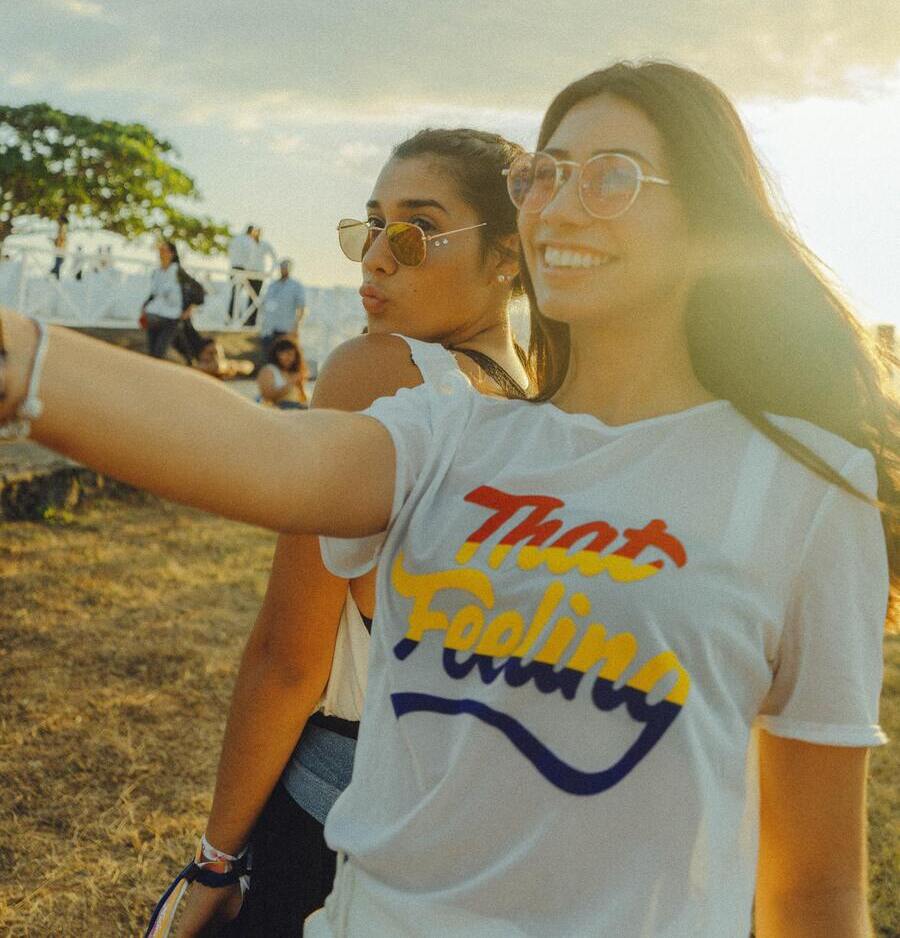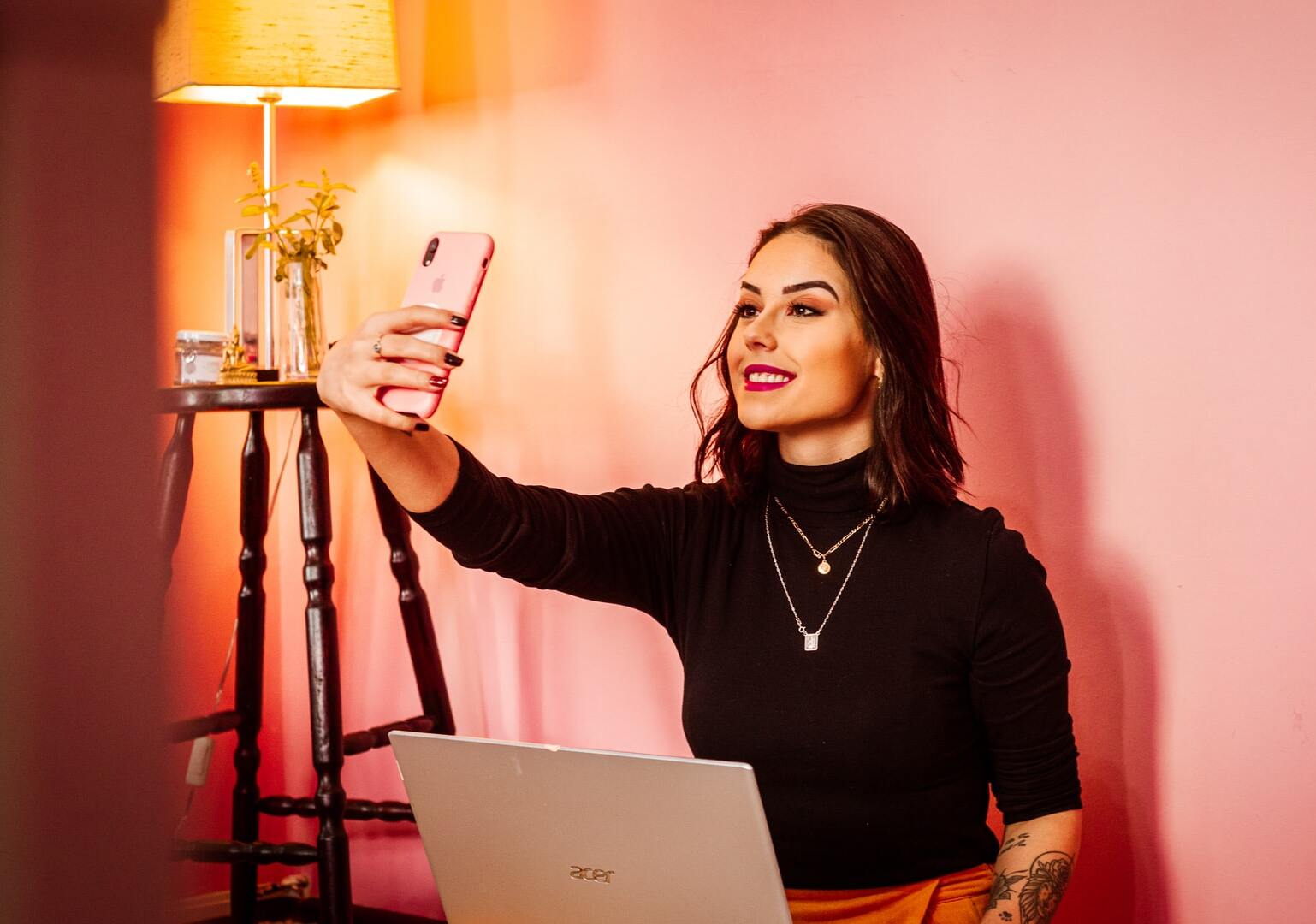Instagram filters make us shine, be more creative and exhibit beautiful skin, but they can create great confusion between what we see in the mirror and what we see on our cell phone. These filters have become part of our daily lives, altering our behavior towards who we are and who we pretend to be.
The ugly reality of IG’s beautiful filters
In the beginning, filters allowed us to use tricks to have fun, wear costumes or pretend to be a cute animal. Today, the most popular filters allow us to alter our image or beautify ourselves. We can change the color of our hair, increase the size of our lips, have brighter eyes, improve the appearance of our skin and much more. In other words, we manage to have a different appearance. We are us without being us.
Miami-based public figure Camila Canabal (with more than 2.7 million followers on Instagram) abandoned filters for a while after realizing how they were altering her brain. “I love them, but I didn’t recognize myself anymore. I’ll stop for a while,” she said in her stories. The TV host, who now has an open channel with the Latino community through social networks, mentioned that she had to make peace with her true self.
Instagram is not the only social network with this problem, but it is one of the most popular where users frequently employ these embellishers. Others sites where these filters are widely used are Facebook and TikTok. There, appearance-enhancing filters also stand out, taking precedence over those that promise artistic fun.
Distortion creates traps. Many people who use these filters for a long time believe that their true appearance is the one shown through them so they refuse to stop using them. In their mind they look this ‘perfect’ way.
However, filters are not all bad. The fantasy ones encourage creativity, while the ones that enhance appearance help among people who are afraid to show themselves in public to gain confidence. Many of these users have important information they can share; filters help them feel confident by mitigating doubts about physical appearance.

The beginnings of distortion
Filters are an extension of the selfie phenomenon, which became popular in the 2000s and became a major trend with the use of social media years later. Technology allowed many to have fun using puppy dog ears, but the configurations were increasing, making it possible to ‘improve’ our appearance.
We could believe that the fun moments and creative expression became a mental health concern for users, but we can’t blame the technology entirely, research shows that the benefits or harms will depend on how we use it.
Problems studied by experts
Some research has revealed how these filters can affect our perception of ourselves. This false reality on social media can create social anxiety and problems with body image, comparison and self-esteem.
The way in which users interact with social networks can be one of the main triggers for unbalanced mental health, according to the studies. They also mention that behaviors related to social comparison and online status often lead to psychological problems such as anxiety and depression.
The new app that promises to be real
BeReal is an app launched in 2020 that became popular in 2022. There, users can only post once a day, at a random time that is indicated by the app. To accomplish the task, the application gives two minutes and sets a series of rules, however, users can cheat and earn a reprimand from the app.
The shared content has features of its own, which has drawn many people’s attention to the app. Photos are captured by both the front and back cameras, thus avoiding alterations to the environment or the person. In addition, users can only view other people’s photos after sharing their own.
The app’s limitations encourage creativity and fun: people are immersed in a two-minute race to upload the photo (or challenge) of the day. However, some users also lament the lack of spontaneity and freedom —are we only authentic at a random moment of the day? It seems that fake, real, calculated and spontaneity are not so simple to determine.
Images: Mateus Campos Felipe and Gian Cescon

